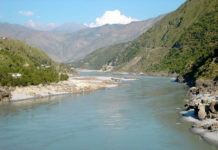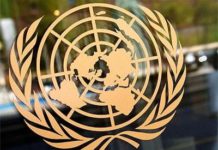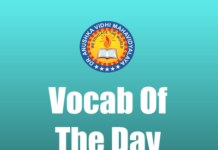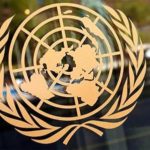Limits of identity: On facilitating peace in Manipur
Civil society should strive to be non-partisan to aid peace in Manipur
One of the most disconcerting features of the ongoing ethnic strife in Manipur remains the inability of civil society representatives to rise above their “ethnic” affiliations and work towards peace. This is exemplified by the acts of the Meira Paibi, an amorphous organisation of Meitei women, who have in the past mobilised against armed forces and police excesses, alcoholism, drug addiction and sexual violence in the State. During the conflict that has raged on since early May, however, the Meira Paibi has been working towards disrupting the operations of the Assam Rifles in their attempt to maintain peace, especially in the foothills. These areas, called “buffer zones”, were created to ensure that there is no further escalation of violence between arms-wielding people of the two ethnic communities, but there have been violent attacks with the armed forces unable to act on time because of disruptions, allegedly, by the Meira Paibi among others. Clearly, the situation has been brought to a boil by the looting of weapons by both Kuki-Zo and Meitei groups and their use in the strife. But the inability of the State government and its police and the Union government-deployed armed forces in maintaining peace has also been due to civil society groups supporting those engaging in violence.
Some Meira Paibi representatives had, in a press conference in New Delhi on Wednesday, claimed that they do not recognise the buffer zones, calling them “unconstitutional”. The presence of armed forces in peacekeeping is not an ideal solution in most circumstances. But with the ethnicisation of law enforcement, aided by a State government that seems to have lost its legitimacy of power across ethnic divides, leading to demands for a separate administration by Kuki-Zo representatives, the armed forces’ presence and the need for buffer zones to maintain a semblance of peace have become essential in Manipur. Civil society groups such as the Meira Paibi can rise above their narrow ethnic identities to press for justice for women affected in the conflict and thus build solidarity networks that will aid the process of reconciliation and peace-building. Sadly, that does not seem to be the case today. Civil society organisations have whipped up the frenzy of ethnic hatred, partially due to the recurring trauma from the violence, as much as cynical political representatives have. And this has meant that the cycle of violence has endured. History suggests that a breakthrough can only be achieved through non-partisan leadership and civic dialogue among civil society and political representatives. As things stand, for that to happen there needs to be a credible alternative to the current leadership in the State.
















